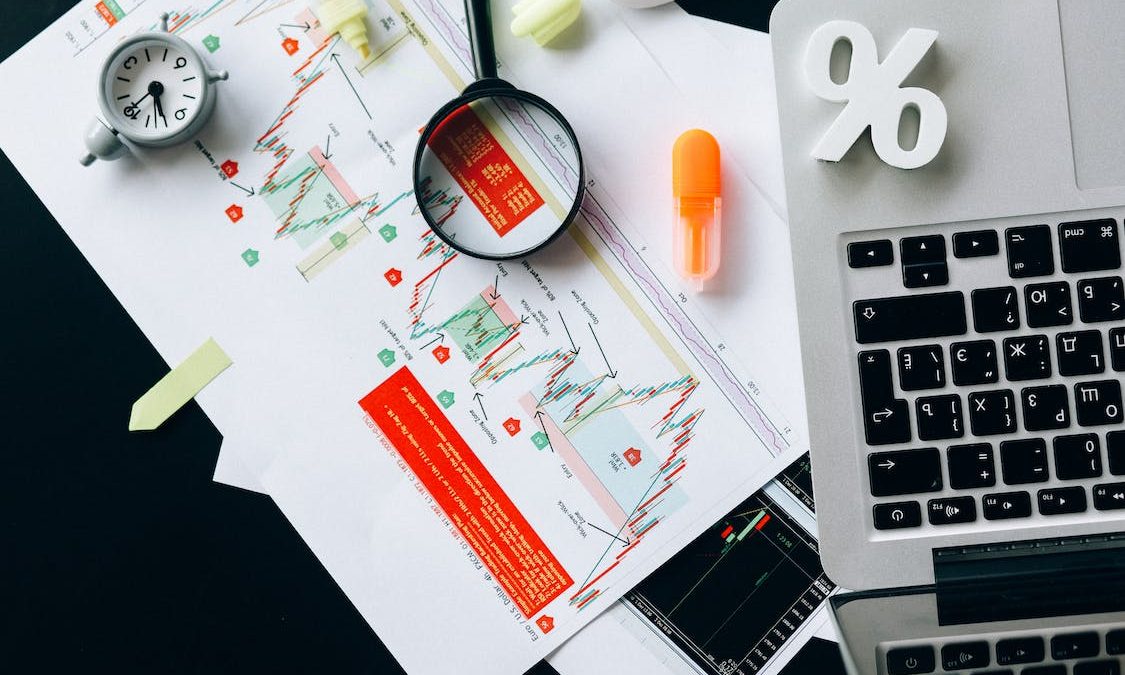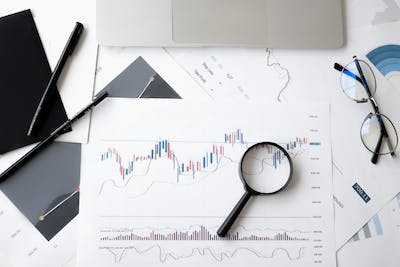
Exploring the Recent Trends: GBP vs USD Performance Over the Past Three Months
November 22, 2023
Unlocking Success: Best Forex Trading Strategies
November 24, 2023Introduction:
The foreign exchange market, or forex, is the largest and most liquid financial market globally, where currencies are traded. While it may seem complex at first, understanding the basics of forex is essential for beginners looking to explore this dynamic market. In this comprehensive guide, we'll break down the fundamental concepts of forex trading, providing newcomers with the knowledge they need to start their journey in the world of currency trading.
1. What is Forex?
-
Definition and Overview: Forex, short for foreign exchange, involves the exchange of one currency for another. It operates 24 hours a day, five days a week, and its decentralized nature means there is no central exchange.
-
Market Participants:
Various entities participate in forex trading, including banks, financial institutions, corporations, governments, and individual traders. The diversity of participants contributes to the market's depth and liquidity.
2. How Does Forex Trading Work?
-
Currency Pairs:
Currencies are traded in pairs, where one currency is the base, and the other is the quote. Understanding these pairs is fundamental to forex trading. -
Exchange Rates:
Exchange rates indicate the value of one currency relative to another. Fluctuations in exchange rates create opportunities for traders. -
Bid, Ask, and Spread:
The bid price represents what buyers are willing to pay, while the ask price is what sellers want. The spread is the difference between these two prices.
3. Major, Minor, and Exotic Currency Pairs
-
Major Currency Pairs: These include the most traded currencies globally, such as the Euro (EUR/USD) and the US Dollar (USD/JPY).
-
Minor and Exotic Pairs: Minor pairs don't include the US Dollar, and exotic pairs involve a major currency and a currency from a developing economy.
4. The Role of Brokers in Forex Trading
-
Choosing a Reputable Forex Broker: Selecting a reliable broker is crucial. Consider factors like regulatory compliance, trading platforms, and customer support.
-
Account Types: Brokers offer various account types, including standard, mini, and micro accounts, catering to traders with different risk appetites.
5. Basics of Market Analysis
-
Fundamental Analysis: This involves assessing economic indicators, news, and events that may influence currency values.
-
Technical Analysis: Traders use charts, trends, and technical indicators to predict future price movements based on historical data.
6. Risk Management Strategies
-
Setting Stop-Loss and Take-Profit Orders: These orders help manage risk by automatically closing a trade at a predetermined level.
-
Understanding Leverage and Margin: Leverage amplifies both profits and losses, making it crucial for traders to use it wisely.
7. Placing a Trade: Step-by-Step Guide
-
Using Trading Platforms: Familiarize yourself with trading platforms provided by brokers.
-
Executing Market Orders and Pending Orders: Learn how to place different types of orders, including market orders and pending orders.
8. Common Forex Trading Mistakes to Avoid
-
Overtrading: Trading excessively without a well-defined strategy.
-
Ignoring Risk Management: Failing to protect capital by neglecting risk management principles.
-
Lack of Education and Strategy: Trading without a solid understanding of the market and a clear trading plan.
9. Building a Forex Trading Plan
-
Setting Goals and Objectives: Define your financial goals and create a roadmap to achieve them.
-
Creating a Trading Schedule: Establish a routine for trading to maintain discipline.
10. Resources for Ongoing Learning
-
Forex Education Websites: Explore websites that offer educational resources, tutorials, and market insights.
-
Recommended Books and Courses: Invest in books and courses that cover various aspects of forex trading.
Conclusion:
Embarking on the journey of forex trading as a beginner requires a solid understanding of the basics. This guide has provided you with essential knowledge, from grasping the concept of currency pairs to executing your first trade. Remember, successful forex trading is a continuous learning process, so stay curious, stay informed, and enjoy the exciting world of currency trading. Whether you're looking for financial independence or just exploring a new hobby, mastering the fundamentals will set you on the path to becoming a confident forex trader.




